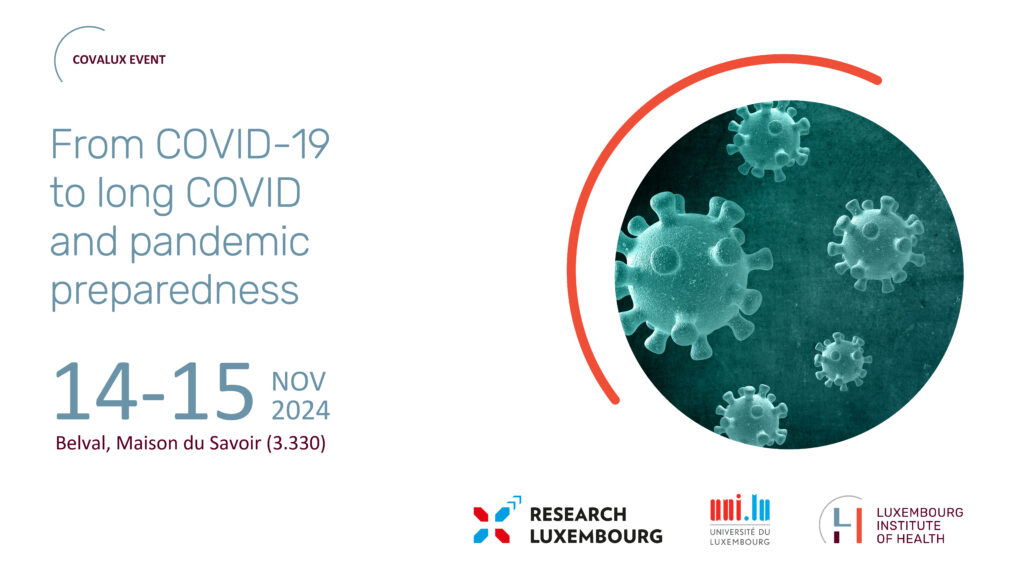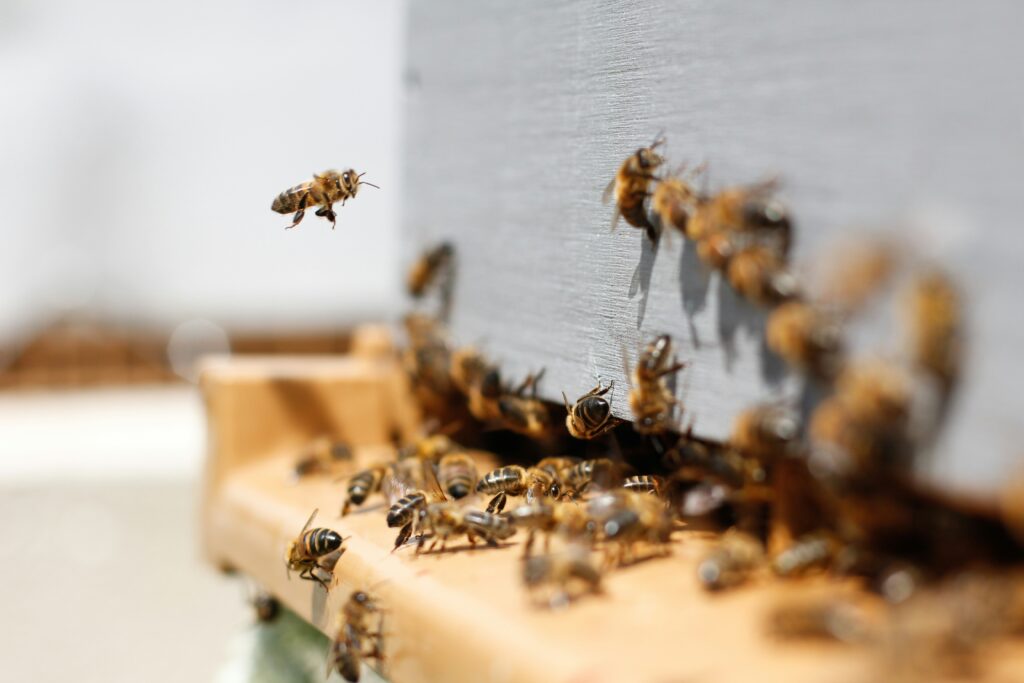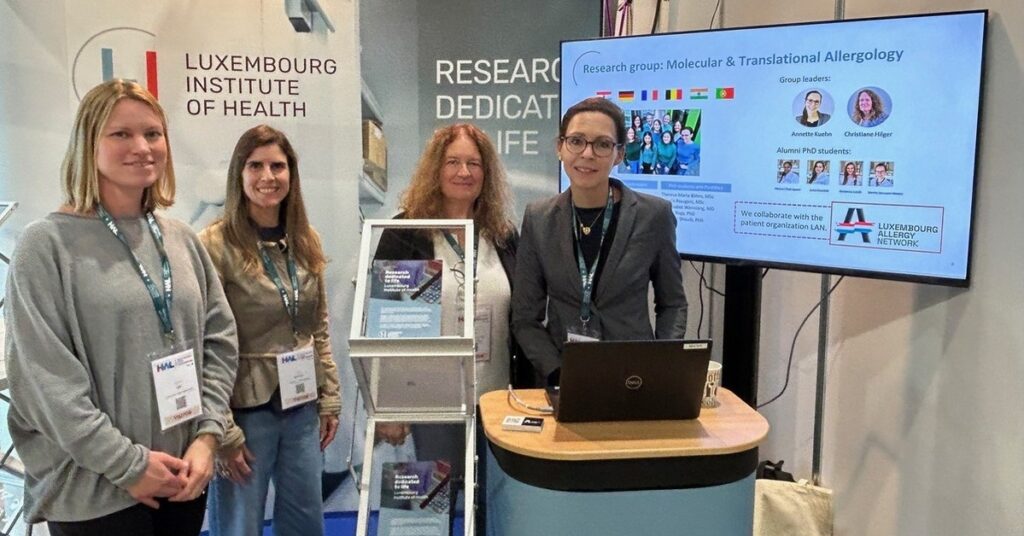- Forschungsspektrum
- Translationale Forschung
- Transversale Translationale Medizin (TTM)
- Operationszentrum für Translationale Medizin (TMOH)
- Büro für Klinisches Projektmanagement (CPMO)
- Zentrum für Klinische und Epidemiologische Untersuchungen (CIEC)
- Luxemburger Zentrum für Klinische und Translationale Forschung (LCTR)
- Integrierte Biobank von Luxemburg (IBBL)
- Disease Modeling & Screening Platform (DMSP)
- Luxgen Genom Zentrum
- Plattform für Forschungspathologie (RPP)
- Forschungsprojekte und klinische Studien
- Unterstützen Sie uns
- Translationale Forschung
News
New Full Professorship in Immunology & Genetics at LCSB and LIH for Dirk Brenner
Bitte beachten Sie, dass dieser Artikel derzeit nur auf Englisch verfügbar ist. Eine Übersetzung ins Deutsche wird in Kürze verfügbar sein.
17 Juni 2020
4minuten
- Abteilung für Infektion und Immunität
- Immunologische Störungen
- Labor für Experimentelle und Molekulare Immunologie

As of June 15th, Prof. Dirk Brenner has been appointed joint Professor in Immunology & Genetics at both the Luxembourg Centre for Systems Biomedicine (LCSB) of the University of Luxembourg and the Luxembourg Institute of Health (LIH). This new position will reinforce the already very dynamic immunology research in Luxembourg and develop synergies between the two institutions.
“This joint professorship will have a strong strategic value for the LCSB and the university as it will broaden our field of expertise,” underlines Prof. Rudi Balling, director of the LCSB. Dr Ulf Nehrbass, CEO of the LIH adds: “It will be a major asset, especially since it is part of our strategy to collaborate across institutions in Luxembourg to effectively strengthen the link between fundamental and clinical research.” In the following interview, Prof. Brenner tells us more about his background, the focus of his research group and the next steps.
Could you tell us more about your background?
I studied biochemistry in several universities in my home country Germany and in the US, including Harvard and Stanford. During my PhD at the German Cancer Research Centre (DKFZ) in Heidelberg, I started focusing on immunology. I worked on human immunology at first, more specifically on apoptosis and cell death with Prof. Peter H. Krammer. Then, as a post-doc in Toronto for several years, I became a specialist in in vivo models and reversed genetics approaches and worked on inflammation and cancer with Prof. Tak W. Mak. I came back to Europe thanks to the ATTRACT programme of the FNR and, since 2015, I have had my own lab at LIH.
What is your research group working on?
I lead the Experimental and Molecular Immunology research group at the LIH Department of Infection and Immunity. The group focuses on unravelling the links between the immune system and the onset of a variety of inflammatory diseases, from viral and bacterial infections to multiple sclerosis and cancer. We want to understand the regulatory circuits of the immune system: how homeostasis is maintained and what causes dysfunctions are our main questions. This is very important as the uncontrolled activation of the immune system can result in autoimmune disorders or, at the other end, an immunological quiescent state paves the road for immune deficiency and cancer. We are especially interested in the new concept of immuno-metabolism. We are looking into the metabolic control of different immune cell types, how metabolism is regulated in a molecular way and how it adapts in healthy and disease settings. The manipulation of immune cell metabolism might allow us to control their reactivity, could yield novel insights into potential treatments and foster immunotherapies. Two papers that we published in Immunity in 2017 and in Cell Metabolism last May are good examples of the work we do.
What is the goal of this joint professorship?
I was really interested in launching a joint programme in immunology with the university because the immune system is such a complex topic that we need to gather a lot of different skills to study it in its globality. It makes sense to create such a joint position that promotes interdisciplinary collaborations. We will be able to set up a strong immunology programme at the university by bringing together the LIH expertise in immunology and the systems biology approach of the LCSB. We will use this integrated approach – we could call it “systems immunology” – to tackle new concepts in the regulation of the immune system and metabolism, and to investigate and interfere with disease mechanisms using in vivo and patient-derived models.
Another important aspect is the increasing interest in the role of the immune system in diseases that are not usually associated with the immune system, notably Parkinson’s disease. This is an additional interesting link with the research carried out at the LCSB that we would like to explore. All in all, there are a lot of exciting prospects and I am looking forward to starting this new position!
Source: adapted from a news article from the LCSB.
Scientific Contact







